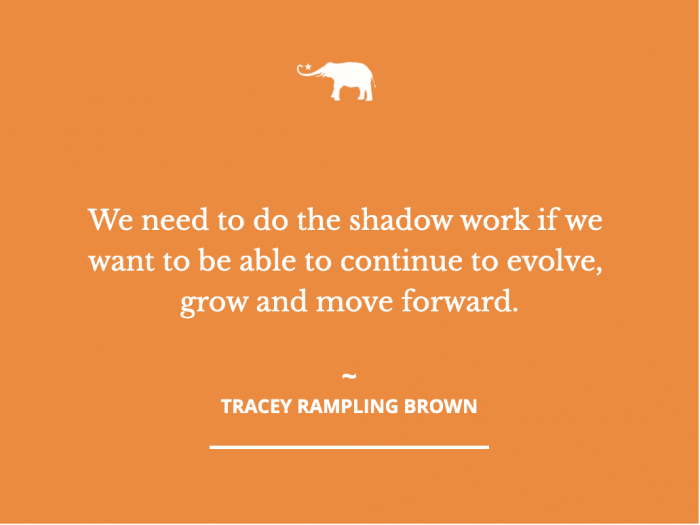~
In recent years, there’s been an increasing trend of people experiencing spiritual awakenings, particularly over the past 18 months as we’ve worked our way through the COVID-19 pandemic.
Now more than ever, people are seeking ways to cope with or avoid psychological distress. The “high vibe” allure of transcendence creates space for many to put aside the unpleasantness and focus on the positives. And while this may seem rather benign on the surface, there’s a substantial body of evidence to support the fact that avoiding unresolved psychological problems doesn’t magically make them go away.
The Perils of Avoidance.
Studies have shown that avoidance ultimately ends up stunting our personal, spiritual, and emotional growth and that suppressing the issue often leads to it being manifested in our lives in other ways—usually with negative consequences.
The question, then, is: why do we do it?
The answer is that the human psyche has a natural aversion to the experience of pain, discomfort, and suffering, and will go to extraordinary lengths to shield and armor itself against these feelings. As a result, we’re wired to seek out the “easy” road in order to bypass having to confront and work through our pain.
It’s important to distinguish between spirituality in general and spiritual bypassing because not all spiritual awakenings are an indication of spiritual bypass.
Spiritual bypassing is a part of spiritual growth.
There’s evidence to suggest that in some instances, spiritual bypassing may be a necessary and normal part of the spiritual growth journey. Just as the honeymoon period in a new relationship may cause us to overlook and neglect other parts of our lives, so, too, does our enthusiasm for our new spiritual path demand and call our attention to exclude the everyday humdrum.
A second instance in which spiritual bypassing may not be considered unhealthy is when it’s employed as a short-term coping strategy. This is certainly a phenomenon that many may have experienced over the course of the pandemic. However, the problem arises when the short-term coping strategy becomes a long-term habit.
The only way out is through.
In her book, Letters to a Starseed, author Rebecca Campbell describes the battle between transcendence and immanence (which is the belief that the Divine is present and manifests itself in the physical/material world) as “the challenge of being human.”
Campbell urges us to fully commit to being present in the here and now and in order to integrate and embrace the beauty of life in its extremes. By doing so, we can fully heal those parts of ourselves that need it and embody the human experience in all its glory.
The only way out, as they say, is through—there are no shortcuts and no ways to truly skip over our psychological traumas. We need to do the shadow work if we want to be able to continue to evolve, grow, and move forward.
For many, the road to healing requires the support of a trained professional who can help navigate the pitfalls and roadblocks along the way, while providing support, encouragement, and assistance in the development of a plan to work through our deeper issues.
Awareness, as in all things, is key in our healing journey.


 Share on bsky
Share on bsky





Read 2 comments and reply